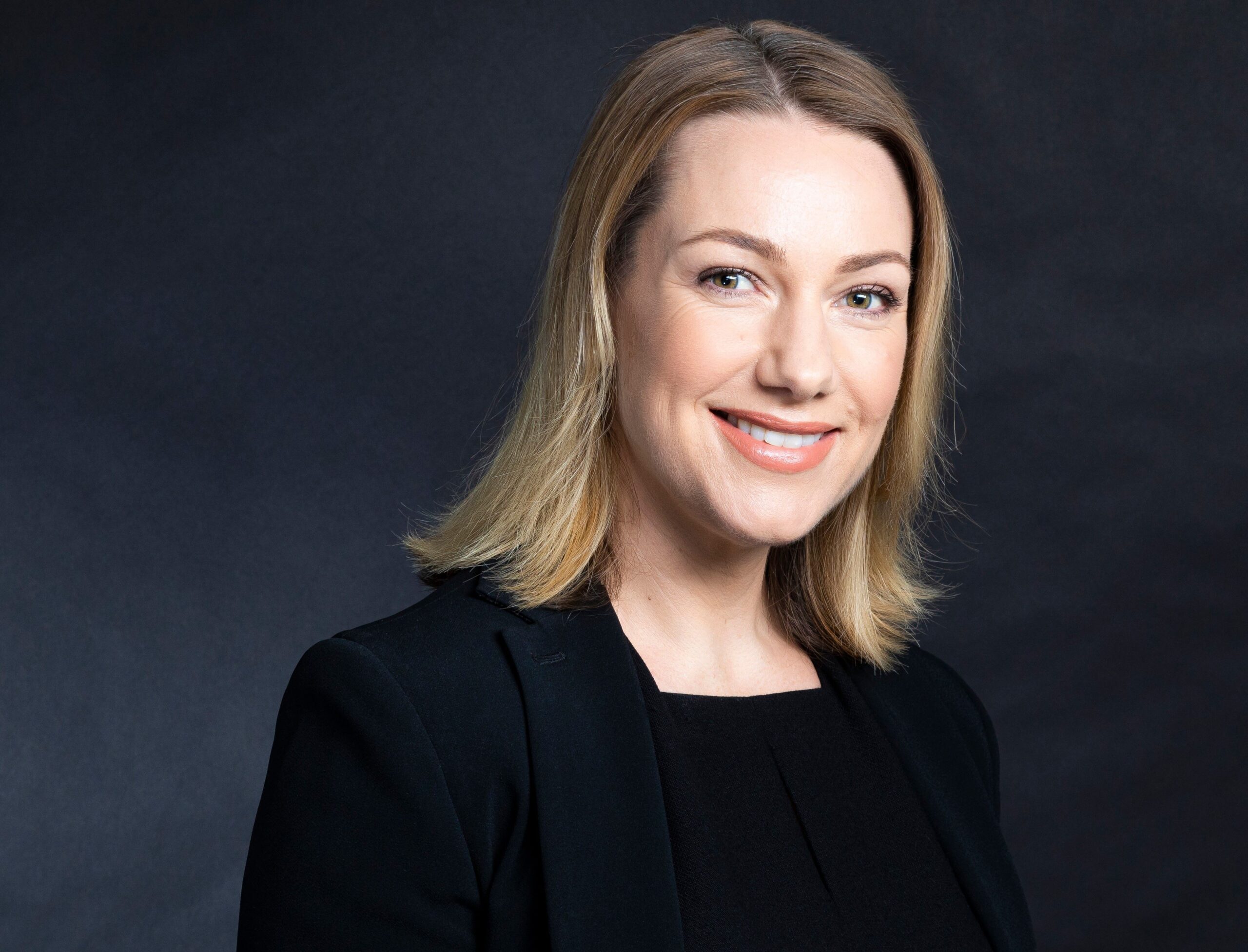3 mistakes: Confessions of a business owner
Julian So reflects on three key customer service mistakes he’s made, and the lessons he learned from them. As a business owner, I always strive to provide quality customer service. […]
Julian So reflects on three key customer service mistakes he’s made, and the lessons he learned from them.
As a business owner, I always strive to provide quality customer service. I am always grateful for the positive feedback from customers telling our team that they enjoy working with us because they can see the value we offer them as their trusted advisor. We know our stuff, communicate regularly and deliver on what we promise – on time.
But I haven’t always got it right, having made mistakes and a few ‘stuff-ups’ along the way.
Every business loses clients and customers. Over the past four years, I have had three customers decide not to continue our business relationship due to a poor experience.
Often people think that only the customer feels the negative experience, but for me, each of these experiences was tough to navigate and spring back from.
If I’m honest, as a small business owner, it was particularly challenging – not because of the financial loss, but because each of these experiences of losing a customer has left me struggling with the negative feelings of failure.
On further reflection, however, there were some critical learnings through these experiences, which I thought other business owners might find helpful.
Mistake #1: Handling disagreements
A client engaged us to review their financials. Without thinking twice we agreed to carry out the work. After our initial review, we noted that two key metrics were not performing well. These metrics would appear unattractive for investment purposes. We met with the CEO to share our findings.
Instead of looking at ways to improve the current metrics, the CEO proposed that we should instead evaluate the business’s success using alternative metrics, ones not commonly used in the industry.
We disagreed with their suggested approach, and the rest of the meeting did not go well. Our engagement quickly finished after that meeting, and we never heard from them again.
Lesson learnt: Before engaging in any work for a potential client, it pays to work at building a good relationship first, ensuring you know who you’re working for and their values. If this is done before engaging in any services, both parties can ensure they are the right fit for each other.
Learn to listen and understand their point of view, as disagreements are a normal and natural part of any relationship.
Mistake #2: Not being on the same page
A client engaged us to help them do a simple financial model. I enjoyed working with the founders of this start-up. I loved what they were trying to do; their energy and enthusiasm was incredibly inspiring.
I offered to work for them on an equity basis for everything they needed until they raised their round. This arrangement would mean being compensated with shares in the company.
Many start-up founders often choose this model to grow their businesses. It allows them to build their company without needing to secure financial backing to pay large salaries while still in growth mode.
However, the offer didn’t end well. My invoice was paid – however, I have never had the opportunity to work with them since. I suspect my offer to work for equity was a big reason. They have since raised further capital and used a different provider to look after their finances.
Lesson learnt: When doing business with others, it is essential to be clear on roles and where your customer sees you bringing the most value to their business. As a virtual CFO, I need to remember that my place when working with start-ups is, first and foremostly, to be an advisor. Equity or buying shares in a business is a privilege, yet being a non-biased financial advisor is just as much.
Mistake #3: Discounts on services
A high-profile founder engaged us to review their financial structure and train their finance staff. Before the engagement was finalised, the founder requested that we discount our hourly rate twice. We agreed.
Following this, we worked with the company for two months. It was stressful trying to deliver what was being asked, and I felt like our services were not valued by our customers at all.
The invoices for each month were very small (less than one percent of our monthly revenue). Despite the discounts already offered, the client questioned every single hour on the invoice.
Ultimately, we offered not to charge them for the time spent, crediting everything, and mutually agreed to discontinue the relationship.
Lesson learnt: I often advise founders not to discount their services. On this occasion, I didn’t follow my own advice because the opportunity to work with a high-profile founder had clouded my judgment. When someone asks for a discount, it is usually a sign that they don’t value what you do.
Mistakes like this are so common in business, especially when starting out. However, the key is to keep learning from each experience and continue to improve what we do.
I am grateful for the lessons I have learned and the future ones that will no doubt crop up. I am proud of our team and the way we strive to build genuine relationships with our clients. I love getting up in the morning to get to work, helping them to succeed in their goals.
Julian So is the founder of CFO4U, a virtual financial service provider helping start-ups and high-growth SMEs (particularly in the SaaS, DeepTech and manufacturing industries) manage their finances. CFO4U provides budget and forecasting modelling, monthly reporting, board advisory and capital raising preparation services.






